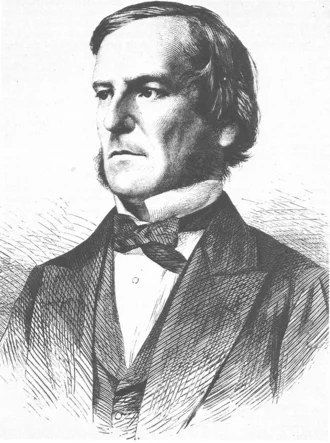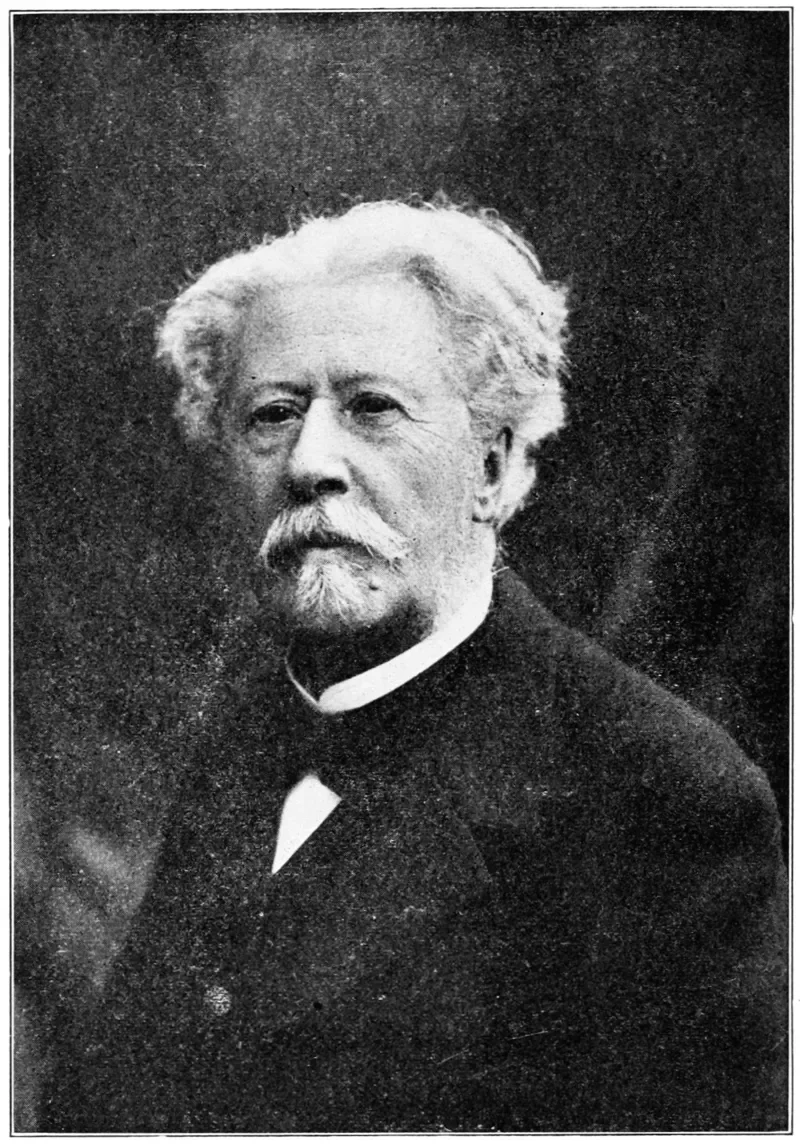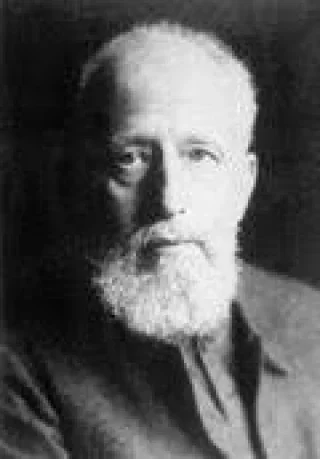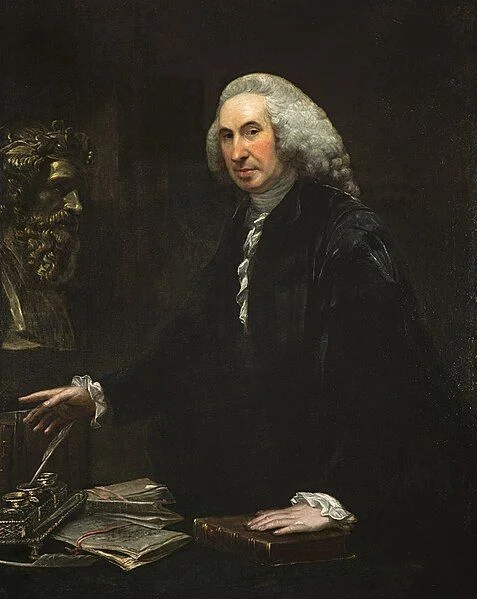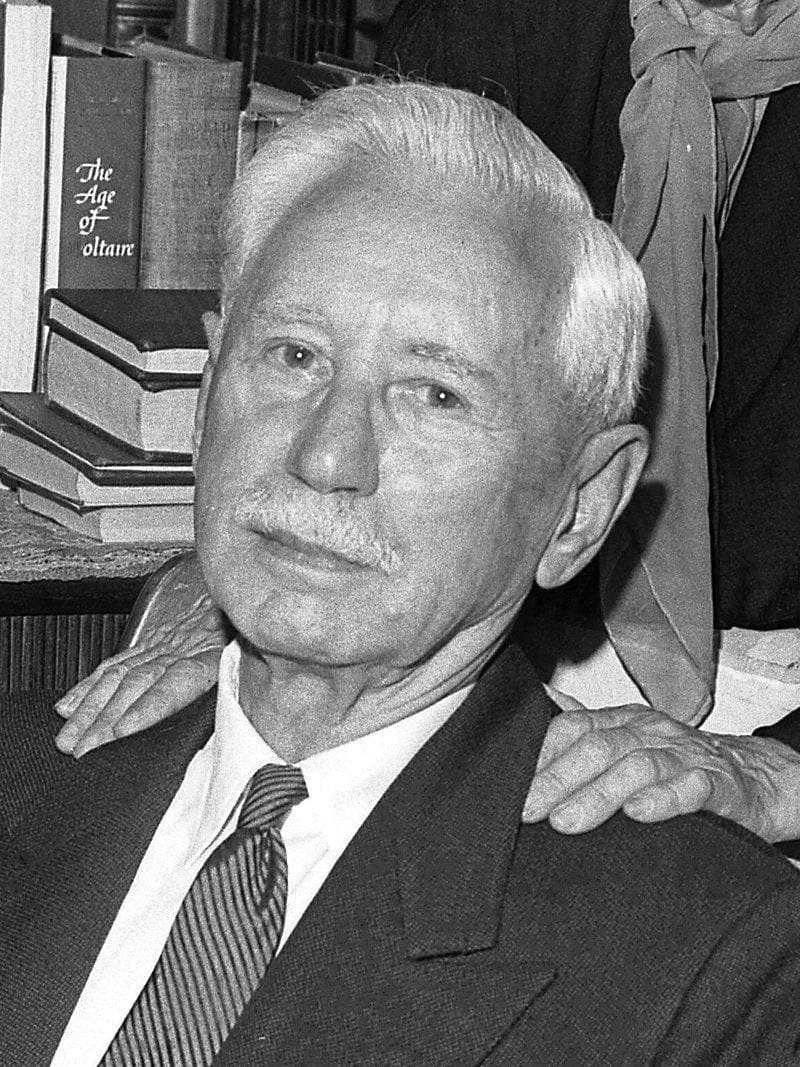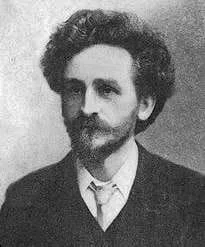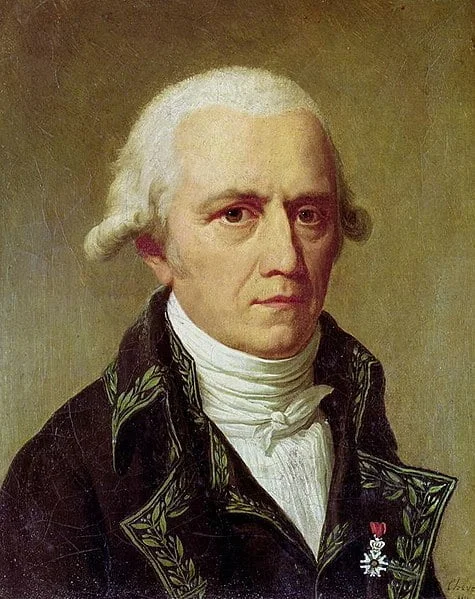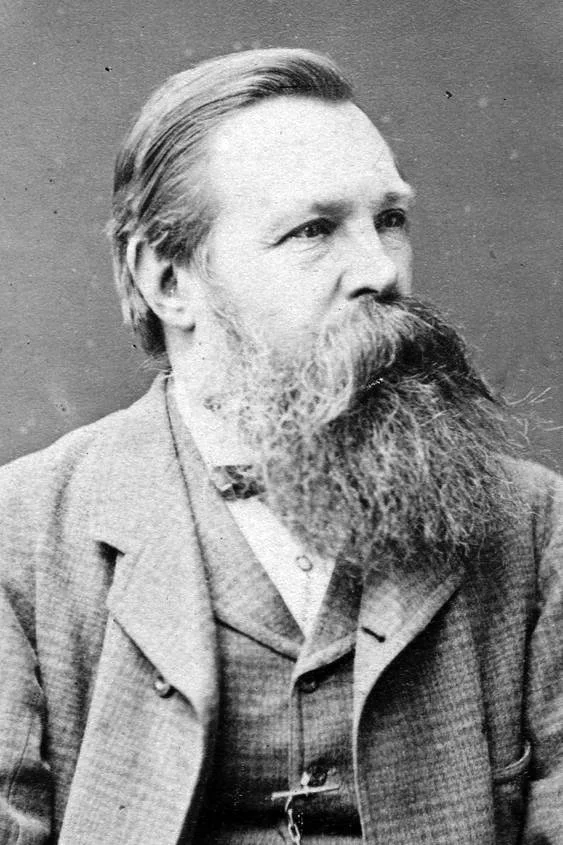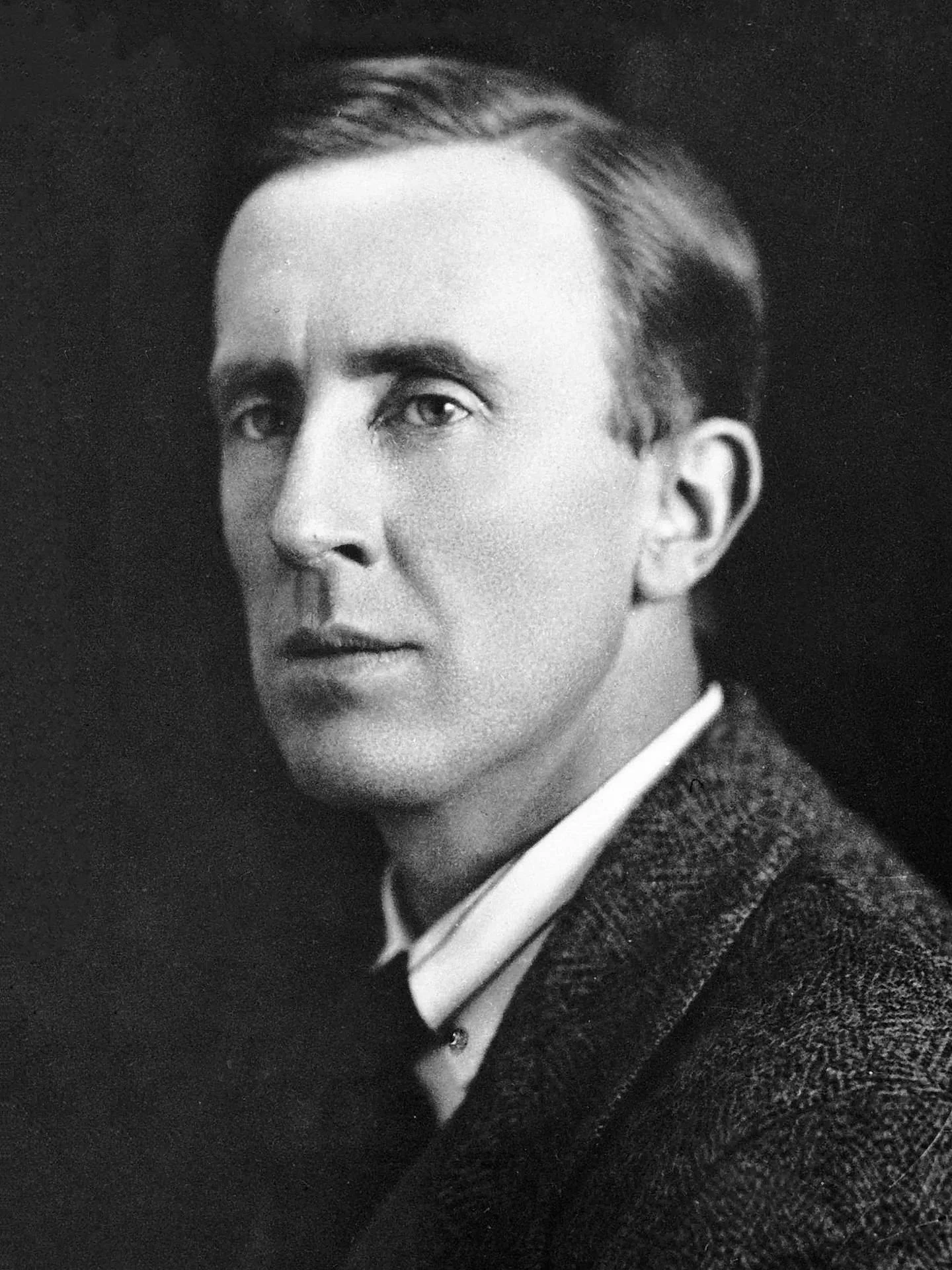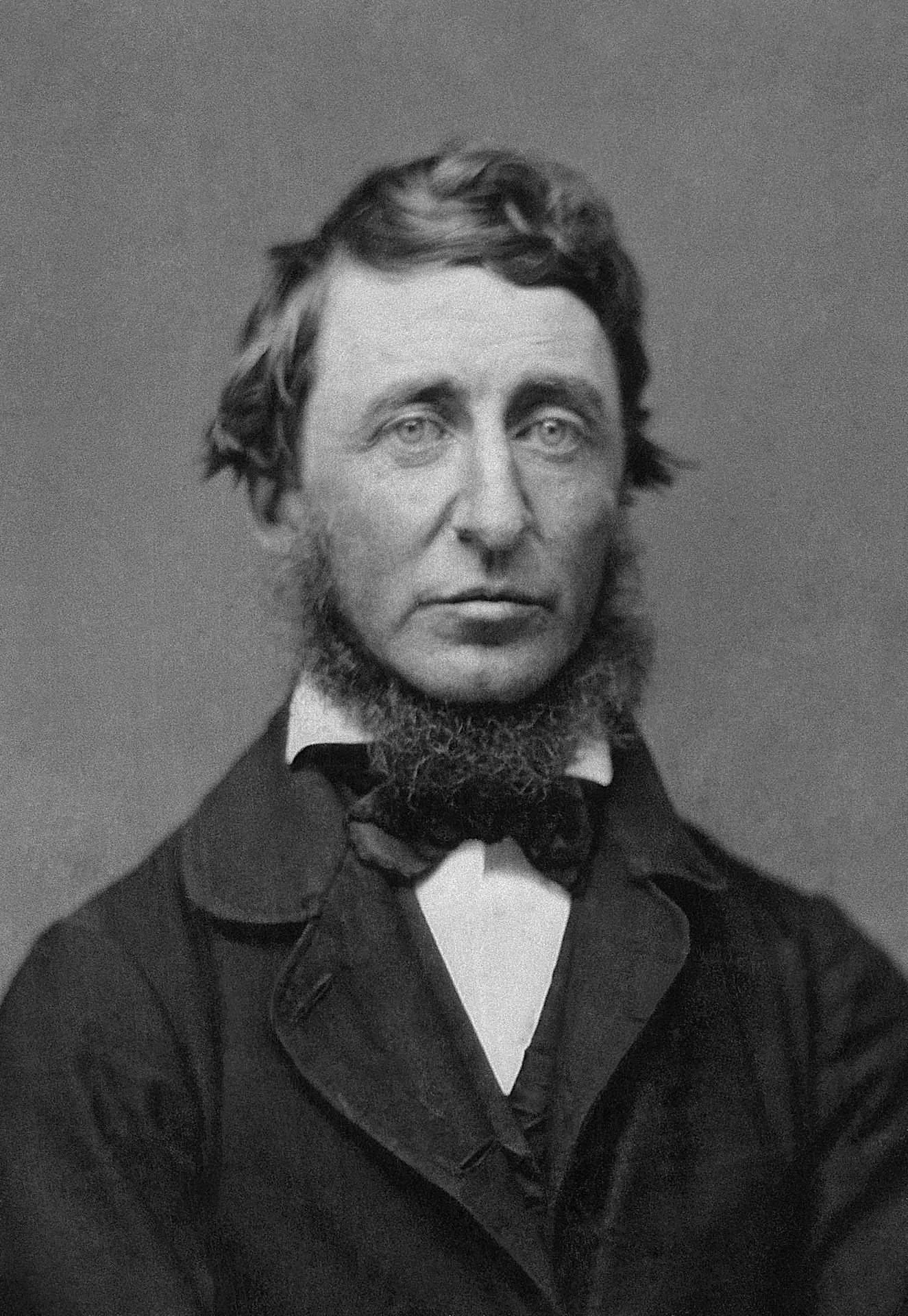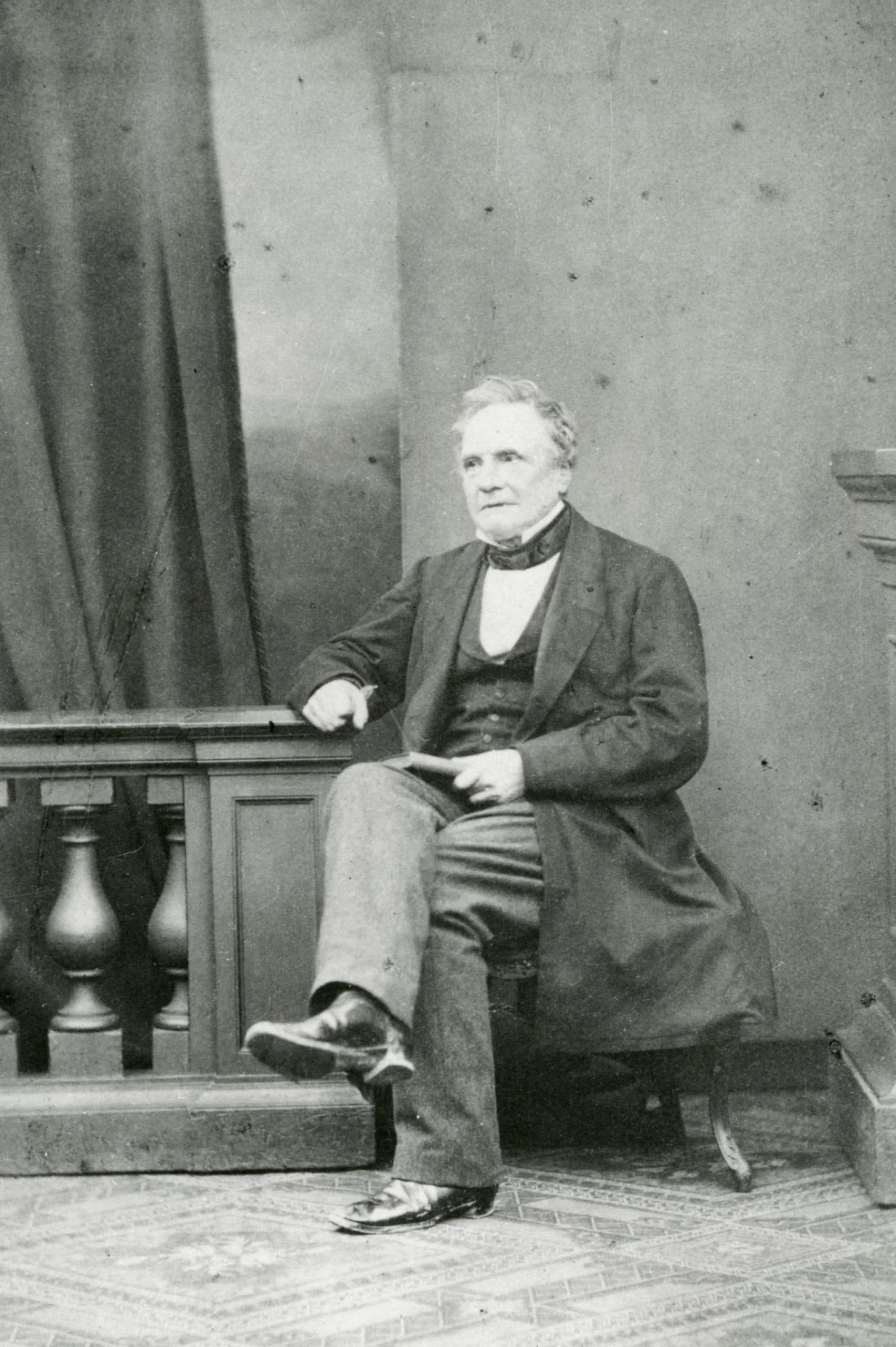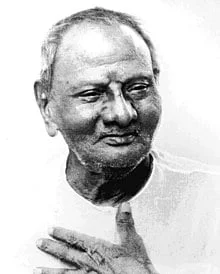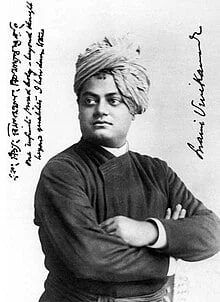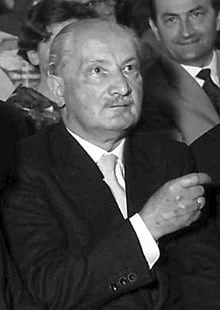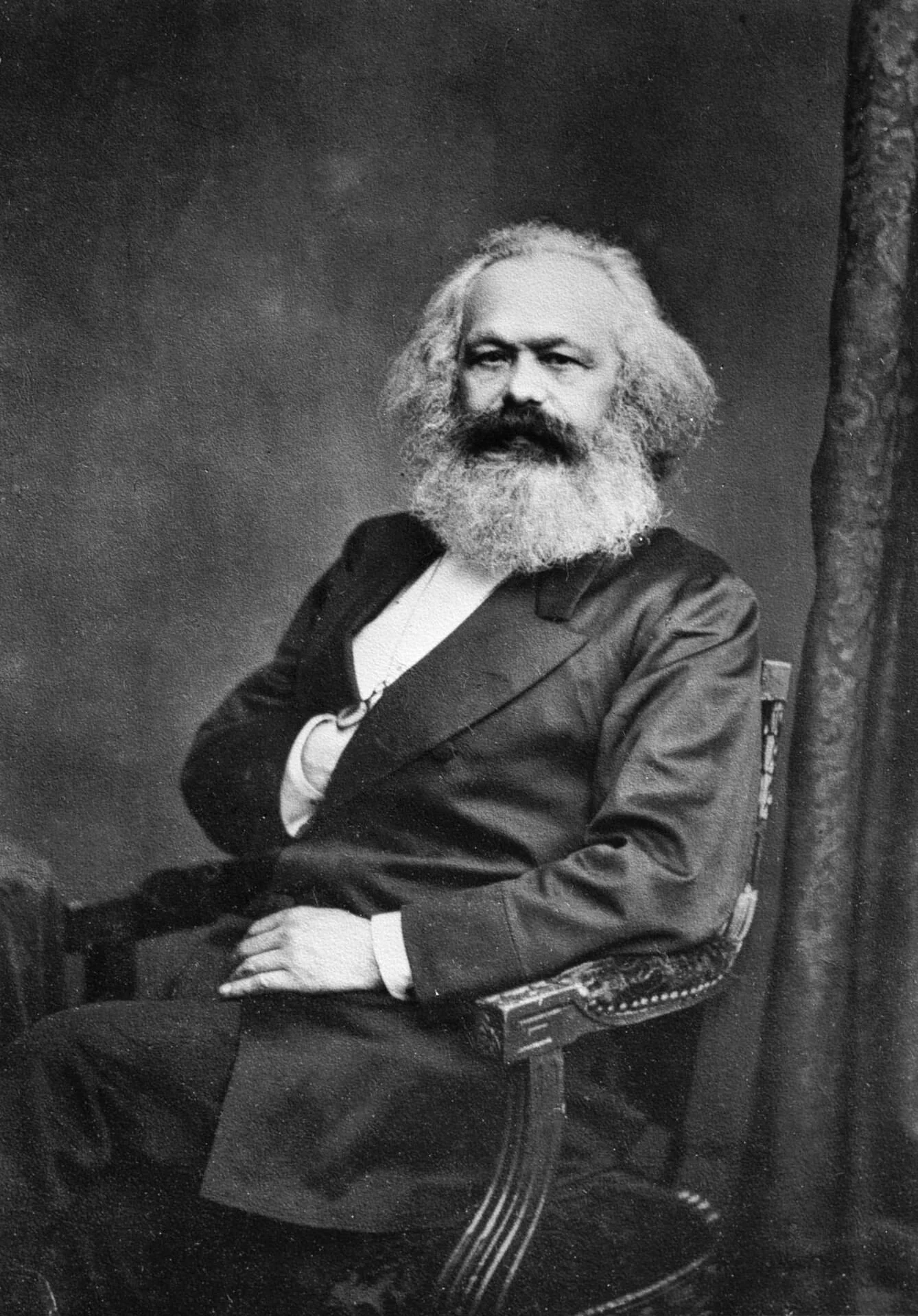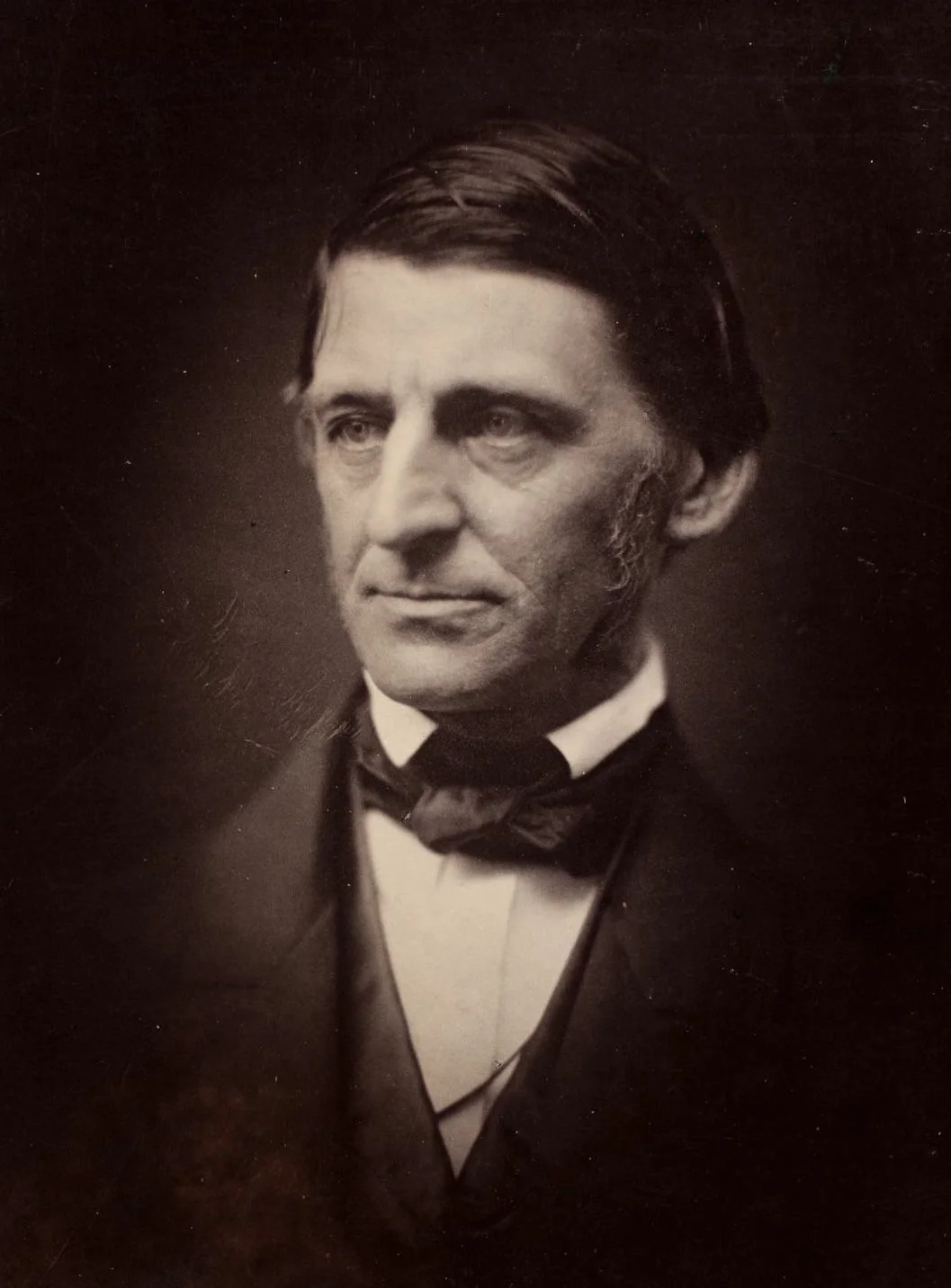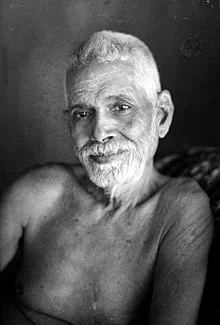Real Celebrities Never Die!
OR
Search For Past Celebrities Whose Birthday You Share
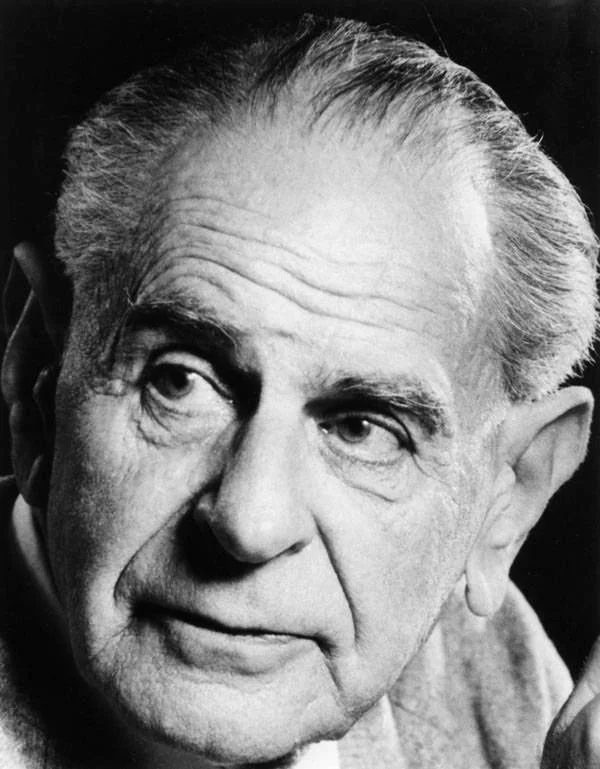
source: wikipedia.org
Karl Popper
Birthday:
28 Jul, 1902
Date of Death:
17 Sep, 1994
Cause of death:
Complications of cancer, pneumonia, and kidney failure
Nationality:
Austrian, Hungarian, British
Famous As:
Academic
Age at the time of death:
92
Karl Popper's Quote's
Early Life and Intellectual Influences
Karl Popper, a philosopher and social commentator, was born in Vienna, Austria, in 1902, and lived until 1994. Growing up in an intellectual household shaped his philosophical perspectives. His father, a lawyer, instilled in him a love for classics and philosophy, while his mother nurtured his passion for music. Popper was initially fascinated with Marxism and was exposed to dialectical views on economics, class struggle, and historical progression. However, he soon became disillusioned with the Marxist movement.
Rejection of Classical Science and Induction
Popper is best known for his rejection of the classical view of science as a process of induction based on observation and verification. Instead, he proposed falsification as the criterion of demarcation between science and non-science. According to Popper, a statement or theory is scientific only if it is falsifiable—meaning it makes predictions that can be tested by observation or experiment and shown to be false.
Critique of Induction and Verification
Popper rejected the idea that science could be based on induction from observed regularities or generalizations, as these can never be conclusively verified. He was also against the verificationist principle of meaning, which held that only statements that are empirically verifiable or logically true have meaning. Instead, Popper believed that science progresses by making bold conjectures, which are subjected to severe testing.
Philosophy of Critical Rationalism
Popper was a staunch advocate of critical rationalism, which rejects any appeal to authority, tradition, intuition, revelation, or innate ideas as sources of knowledge. He claimed that human knowledge is fallible and speculative and that no final or certain truth exists. Rather than accepting absolute truths, he encouraged a critical attitude that questions everything and seeks out errors and inconsistencies in one’s own beliefs and those of others.
Major Works and Legacy
Popper’s most notable works include The Logic of Scientific Discovery, The Open Society and Its Enemies, and The Poverty of Historicism. These writings solidified his place as one of the most influential philosophers of the 20th century. His ideas on science, knowledge, and open societies continue to shape contemporary thought in various fields.
Death and Lasting Influence
Karl Popper passed away on September 17, 1994, due to complications of cancer, pneumonia, and kidney failure. Despite his death, his contributions to philosophy, especially his theories on science and critical thinking, continue to resonate in academic and intellectual circles worldwide.
Name:
Karl Popper
Popular Name:
Karl Popper
Gender:
Male
Cause of Death:
Complications of cancer, pneumonia, and kidney failure
Spouse:
Place of Birth:
Vienna, Austria-Hungary
Place of Death:
London, England
Occupation / Profession:
Personality Type
Debater: Karl Popper was highly intellectual person who overcame obstacles that seemed difficult to most. His unconstrained rationalism often led to many misunderstandings.
Despite being considered one of the 20th century's most influential philosophers of science, Popper had a diverse background, including working as an apprentice furniture maker and a social worker with disadvantaged children.
He was knighted by Queen Elizabeth II in 1965 and received numerous prestigious awards, including the Kyoto Prize in Arts and Philosophy for "symbolising the open spirit of the 20th century".
Popper developed the concept of falsifiability as a criterion for scientific theories, arguing that a theory is scientific only if it can be proven false.
Popper's experiences with the rise of fascism in Austria deeply influenced his political philosophy, leading him to write "The Open Society and Its Enemies" as a defense of democratic liberalism.
He was knighted by Queen Elizabeth II in 1965
He won the otto Hahn Peace Medal of the United Nations Association of Germany in Berlin.

